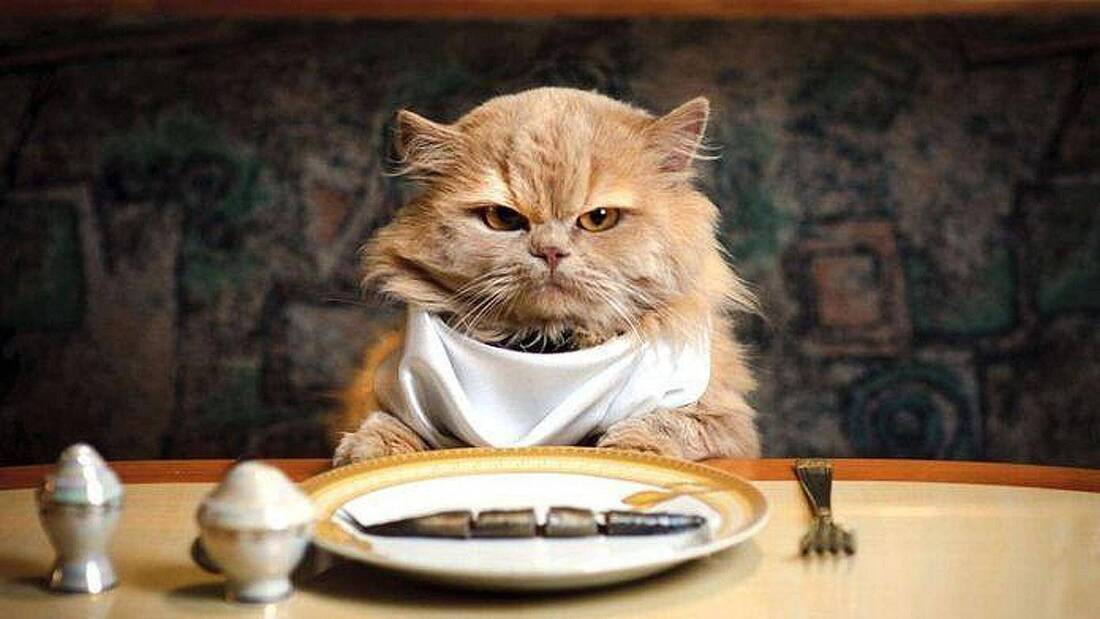|
Changing diets abruptly can wreak havoc on a cat's digestive system and result in abdominal pain, vomiting, and diarrhea. In turn, that upset can disrupt the delicate gut flora balance, and then the kitty may end up with chronic GI problems. Sometimes you do have to change your cat's food. Perhaps your vet has recommended a new diet or you just want to switch for other reasons. Here are some tips for changing your cat's food while minimizing the risk of her developing GI upset.
At any step in the process, if your cat develops GI problems, go back to the previous step until things are back to normal and then increase more slowly from there. If your cat stops eating at any point, contact your veterinarian. Cats that stop eating suddenly are at risk for developing hepatic lipidosis, which is life-threatening. https://www.cathealth.com/tips/2576-how-to-change-your-cats-food
3 Comments
4/1/2020 04:01:59 pm
Wow the message is so good, as a pet lover it has helped me a lot. Thank you for sharing this very important information.
Reply
Your comment will be posted after it is approved.
Leave a Reply. |
The Precious pets“Some things just fill your heart without trying” Archives
October 2019
Categories |
Copyright © 2010-2024. All Rights Reserved. | The Precious Pets | +65 9697 3337 | Terms Of Service | [email protected]
He has made everything beautiful in it's time


 RSS Feed
RSS Feed